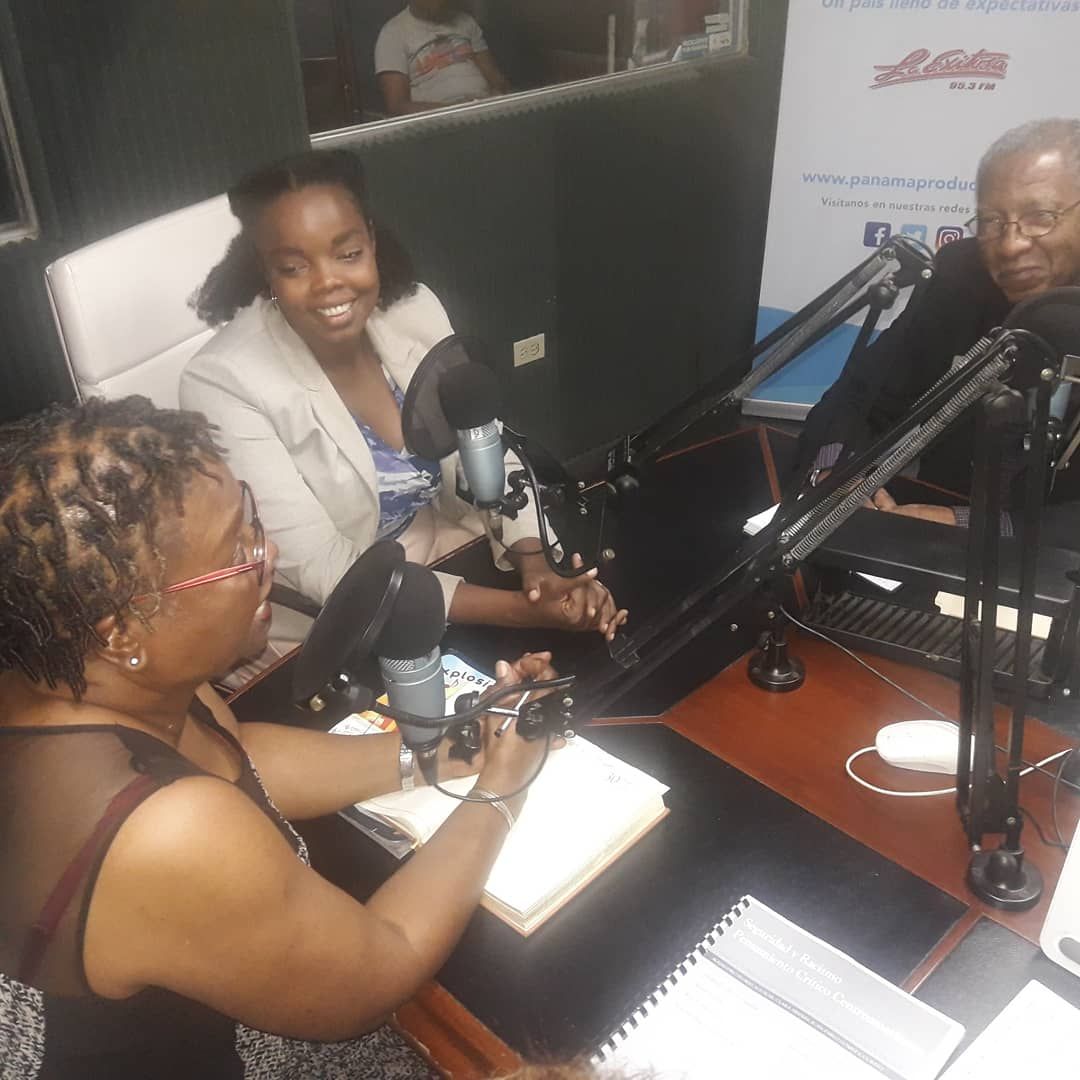Raising Awareness in the Afro-Panamanian Population About the Upcoming 2020 Census
Washington, D.C., February 5, 2018. The Institute on Race, Equality and Human Rights (Race and Equality) participated in Panamanian radio station La Exitosa’s radio program Inclusión (Inclusion); the first radio discussion aimed at the Afro-Panamanian population, which focuses on the next Census in 2020. The program was directed by the distinguished Professor Gerardo Malony, a […]

Washington, D.C., February 5, 2018. The Institute on Race, Equality and Human Rights (Race and Equality) participated in Panamanian radio station La Exitosa’s radio program Inclusión (Inclusion); the first radio discussion aimed at the Afro-Panamanian population, which focuses on the next Census in 2020. The program was directed by the distinguished Professor Gerardo Malony, a prominent Afro-Panamanian activist, and featured participants such as Urenna Best, Director of the National Secretariat for Afro-Panamanian Progress (SENADAP, for its initials in Spanish); Mireya Peart, President of the Association of Afro-descendant Women Voices in Panama; Cecilia Ramirez from the Black Women’s Development Center (CEDEMUNEP, for its initials in Spanish); and Elvia Duque, Latin America Program Officer at Race and Equality.
The program arrives with great expectations coming from various sectors of the population, on the ability of the 2020 Census to present an accurate picture of the number of Afro-Panamanians, and their living conditions. However, from the various interventions made by radio listeners, it’s clear that there is a lack of knowledge about the census itself and the implications that it has for the lives of the Afro-Panamanian population.
To this end, the Participants offered information and analysis to radio listeners and the general public to have a better understanding. Among the takeaways were (1) the importance of the 2020 Census as a general exercise that all states must carry out every 10 years, but one that the State must supplement with other mechanisms available to develop accurate statistical data on the living conditions of Afro-Panamanians (i.e. Home Surveys, Government Institutional Databases). (2) The importance of a suitable question of racial/ethnic self-identification that is inclusive of all Afro-Panamanians. (3) The results of the 2020 Census will be crucial to addressing the needs and challenges faced by the Afro-Panamanians, by way of public policies. (4) The adoption of institutional mechanisms that recognize Afro-Panamanians will depend on the demands and actions taken by communities and organizations.
The radio program Inclusión will broadcast a series of chapters on the importance of self-identifying as Afro-Panamanian and about the different places where the pre-census pilot tests will be held. These tests will be key opportunities to test the racial/ethnic self-identification questions. Listeners can tune in to the radio program Inclusion La Exitosa at 95.3 F.M. (Panama) or its live broadcasts at www.radiolaexitosa.com.
Race and Equality will announce the future dates of upcoming programs discussing the 2020 Census and ethnic self-identification on social media, and will continue to contribute towards all efforts to make the 2020 Census valuable for Afro-Panamanians.

